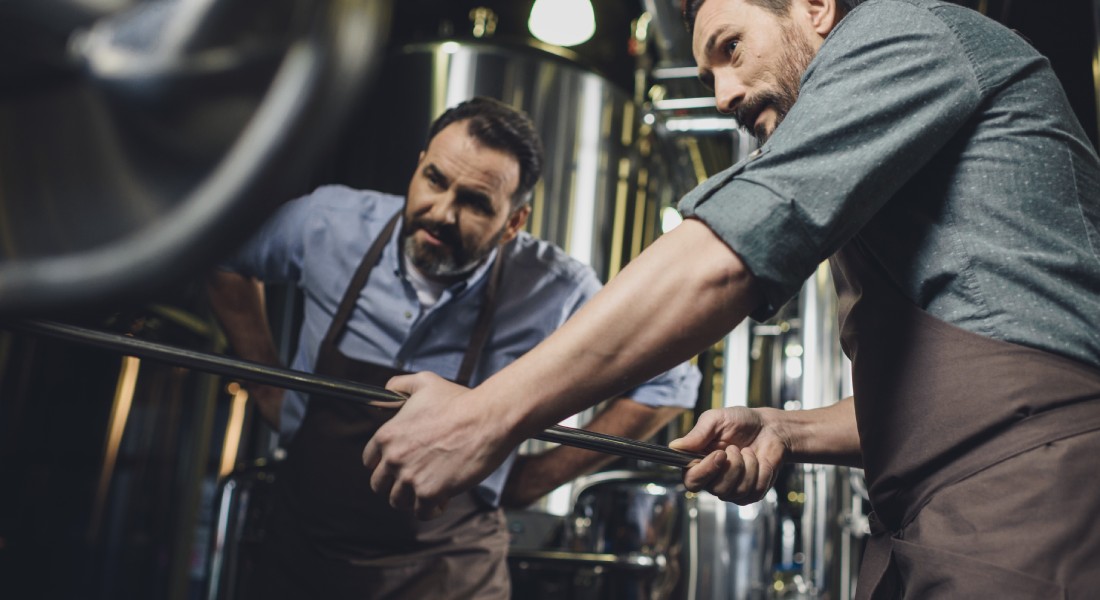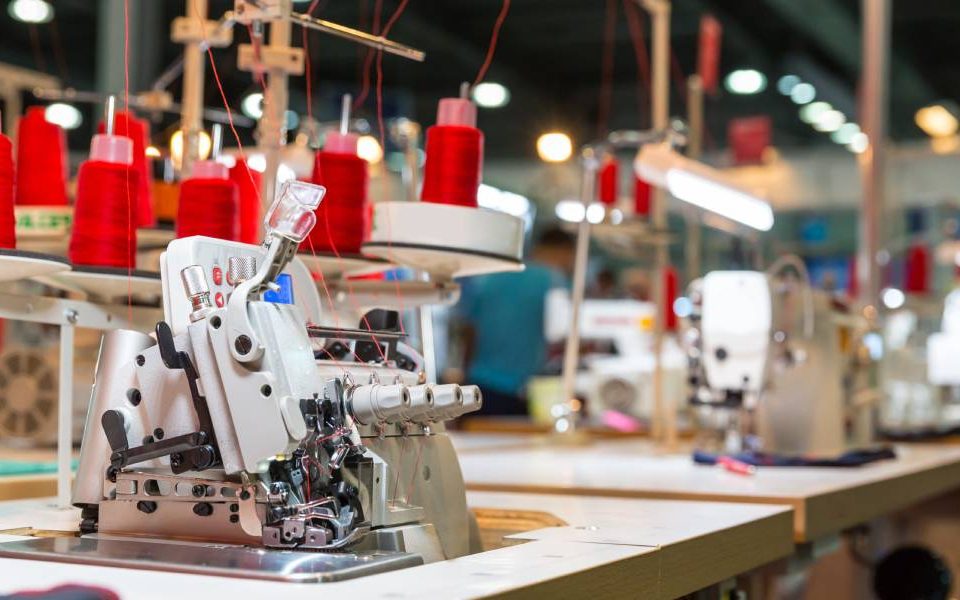Maintenance Tips for Industrial Beer Brewing Equipment
Brewing beer on an industrial scale requires meticulous care, not only in the brewing process itself but also in the performance of the equipment used. Proper maintenance ensures the brewing process runs smoothly, reduces downtime, and maintains the quality of the beer produced.
Industrial brewers face unique challenges due to the size and complexity of their brewing systems, which include mash tuns, fermenters, conditioning tanks, and various control systems. These maintenance tips for industrial beer brewing equipment will help you enhance the reliability and efficiency of your brewing operations, producing consistently excellent beer batches.
Regular Cleaning and Sanitization
One of the most crucial maintenance tasks in brewery operations is regular cleaning and sanitization. Use approved cleaning agents and follow a strict cleaning schedule to ensure the removal of all residues. Use food-grade sanitizers to eliminate any potential contaminants that could spoil your brew. Adhering to a meticulous cleaning regimen not only preserves the integrity of your beer but also extends the lifespan of your equipment.
Scheduled Maintenance Checks
Implementing a routine maintenance schedule helps identify and address potential issues before they escalate into significant problems. Conduct weekly and monthly inspections of all major equipment parts, such as seals, gaskets, motors, and pumps. Look for signs of wear and tear, corrosion, or unusual noise that could indicate a potential malfunction. Keeping detailed records of each inspection can help track recurring issues and ensure the timely performance of all maintenance tasks.
Troubleshooting Equipment Issues
Even with diligent maintenance, equipment issues can arise. Learning how to troubleshoot common brewery equipment issues can save valuable time and resources. Train your staff to recognize and diagnose common problems such as clogging in heat exchangers, pressure drops in tanks, or erratic readings from sensors. Having a well-documented protocol allows for quick resolution and minimizes disruptions in production.
Lubrication of Moving Parts
The mechanical components of brewing equipment, including valves, mixers, and conveyor belts, require regular lubrication to function optimally. Over time, friction can cause these parts to wear down, leading to breakdowns or inefficient operation. Proper lubrication not only prevents mechanical failure but also enhances the efficiency of the equipment. A well-lubricated system operates smoothly, reducing energy consumption and extending the life of the machinery.
Calibration of Instruments
Precision is key in brewing, and even minor deviations in measurement can affect the quality of the beer. It’s essential to regularly calibrate instruments such as thermometers, pH meters, and flow meters to ensure their accuracy. Incorrect readings can lead to improper temperature control, incorrect pH levels, and inconsistent flow rates, all of which can impact the brewing process.
Maintaining industrial beer brewing equipment requires a proactive approach to cleaning, regular maintenance checks, lubrication, calibration, and troubleshooting common issues. Adhering to these tips ensures your brewing operations run smoothly, producing high-quality beer consistently. Regularly updating your maintenance practices based on equipment performance and technological advancements can further enhance operational efficiency and product quality. In the competitive world of industrial brewing, meticulous maintenance is not just a necessity; it is a cornerstone of success.




